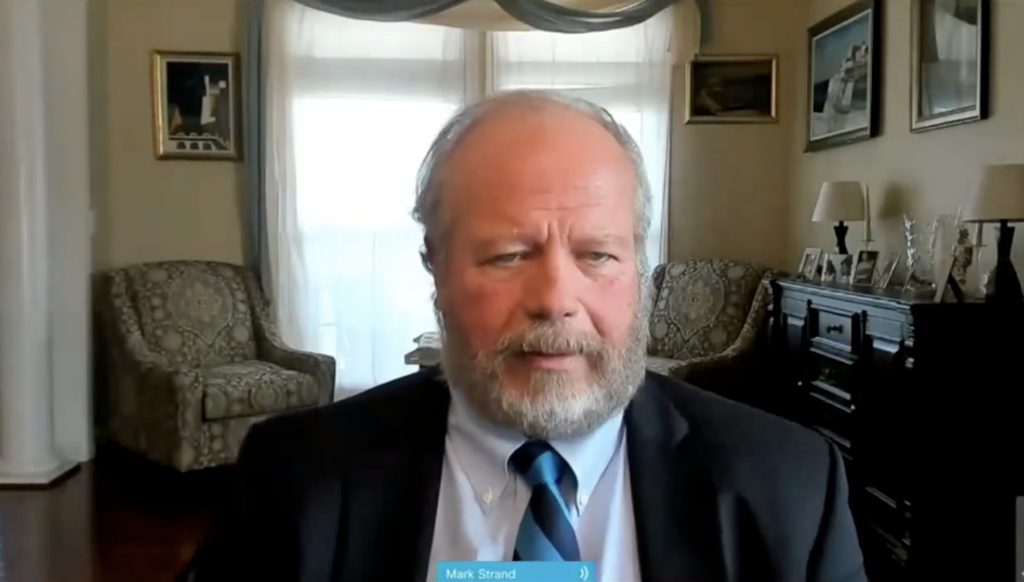
Congressional Institute President Mark Strand testified before the U.S. House Committee on House Administration on the issue of unionizing congressional staff. Strand opposes this, telling Members that unionization could threaten their independence. Some media publications that cover Capitol Hill covered the hearing and quoted Strand.
“The independence of each individual member is key to the Article 1 powers invested in the legislative branch,” he testified. “The essential problem with unionization is that unions will share control over terms and conditions of employment with the elected representative that intersect at vital points with the ability of a member to represent his constituents.” (Roll Call)
The Epoch Times took a section of Strand’s testimony that further makes the point on how unions would threaten a Member’s control over their office as well as a quote from the late West Virginia Senator Robert Byrd, who was a friend of organized labor but opposed congressional staff unions:
“The classic example is the right to discharge an employee. A lawmaker hires a legislative aide to assist with that member’s primary committee assignment. The aide performs adequately on most issues but develops a contentious relationship with committee staff, which, in turn, threatens the member’s ability to participate in the committee process.
“Is there just-cause to discharge the employee and hire someone who can get along with committee staff and thereby ensure the member’s legislative agenda is achieved? How do you prove that in some kind of grievance procedure?
“Do you get affidavits from committee staff? What if, while that process is going on, the committee is passing a comprehensive reauthorization that won’t occur again for another 10 years? How will the member explain to voters that internal staff disputes led to legislative failures but that member still deserves to be reelected.”
Strand reminded the committee that former Senate Majority Leader Robert Byrd (D-W.Va.) opposed allowing congressional staff to form a union.
“Senators will no longer have the ability to structure and manage their staffs consistent with the unique needs of the states which they represent without first consulting with union representatives,” Byrd said, according to Strand.
“Senator Byrd was known to champion the rights of union employees so his opposition should give pause to anyone wanting to form congressional staff unions,” Strand said.
Click here to read Strand’s full testimony.